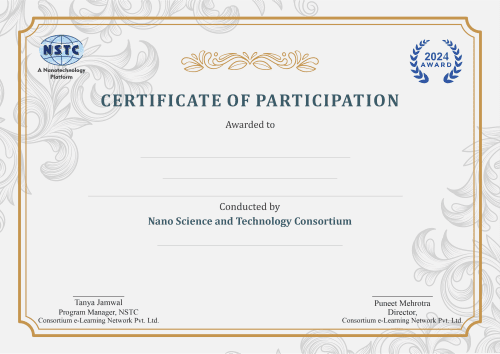
Python for Biologists: Beginners Level
Empower Your Research with Python: Program Your Way to Discovery in Biology
Python for Biologists: Beginners Level is designed to introduce Python programming in a context that is immediately applicable to biological sciences. Over 3 days, participants will learn how to handle biological data, perform statistical analysis, visualize results, and automate repetitive tasks using Python. The workshop emphasizes practical, hands-on exercises tailored to common biological data scenarios such as sequence analysis, ecological data interpretation, and genetic data processing.
Aim: This workshop aims to equip biologists and life science researchers with fundamental Python programming skills to enhance their data analysis capabilities. By the end of the workshop, participants will be adept at using Python to automate tasks, analyze biological data, and contribute to complex bioinformatics projects.
- Introduce participants to Python programming concepts and syntax.
- Provide an overview of the applications of Python in different biological domains.
- Teach participants how to analyze gene sequences, proteins, and transcriptomic data using Python.
- Familiarize participants with structural biology techniques such as X-ray crystallography, NMR, and circular dichroism and how Python can aid in their analysis.
- Explore pathway analysis and its significance in understanding cellular dynamics, reconstruction, and biomarker prediction using Python-based tools.
What you will learn?
Module 1: Sequence Analysis
- Introduction to Python for Biologists.
- Python Basics: Variables, Data Types, and Control Structures
- Gene and Genome Analysis with Python
- Protein and Proteome Analysis with Python
- Transcriptome Analysis with Python
Module 2: Structure Analysis
- Introduction to Structural Biology and Python’s Role
- Analyzing X-ray Crystallography Data with Python
- NMR Data Analysis with Python
- Circular Dichroism (CD) Spectroscopy and Python Analysis
Module 3: Pathway Analysis
- Introduction to Pathway Analysis and Its Significance.
- Cellular Dynamics Modeling with Python
- Pathway Reconstruction
- Biomarker Prediction using Python
Intended For :
- Undergraduate or graduate students in Biology, Biochemistry, Genetics, or related fields.
- Research scientists and academic professionals interested in bioinformatics.
- Healthcare professionals looking to enhance data analysis skills in biological research.
Career Supporting Skills


